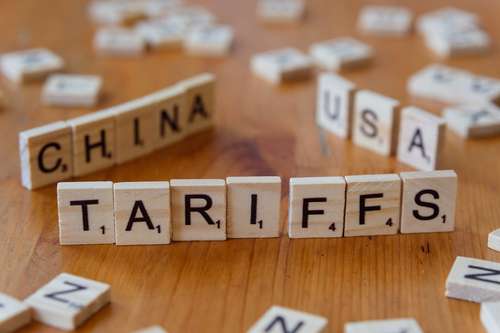Viral fragments of foot and mouth disease have been found in pork and beef products entering Australia from China and Indonesia, raising concerns the extremely contagious disease may completely destroy the country's livestock economy.
Despite the fact that Australia has been free of the illness for more than a century, just one confirmed incidence of foot and mouth could cause the $27 billion livestock export industry to be disrupted for months or perhaps years. An extensive outbreak would cost an estimated $80 billion in total, according to the federal authorities.
As Australia's northern neighbor confronts its first epidemic of the virus in decades, Indonesia urges Australia not to panic despite a dearth of foot and mouth vaccines and even employees to give the shots to animals.
Human health is unaffected by foot and mouth, which infects animals with cloven hooves. It can be carried on animal products like meat and leather, and individuals can carry it in their noses for up to 24 hours or on their shoes, clothes, or other items.
In a beef product carried into Australia by an Indonesian traveler, viral particles of foot and mouth disease were discovered, according to Agriculture Minister Murray Watt, on Wednesday.

According to Animal Health Australia's Dr Rob Barwell, head of biosecurity, viral fragments are not alive and cannot spread the virus. However, the discovery of them in meat items fuelled worries that Australia's biosecurity system had been broken by more contaminated products.
During a routine check, it was found that pork products sold in Melbourne's central business district had viral particles of both foot and mouth disease and African swine fever, another animal illness Australia has been able to keep out.
As of right today, all items of this kind have reportedly been seized from all associated supermarkets as well as a warehouse in Melbourne, Watt added.
Additionally, a traveler flying from Indonesia was recently stopped and found in possession of unreported beef that tested positive for foot and mouth disease virus pieces.
In addition to security checks for passengers, according to Watt, travelers would have to step on sanitary foot mats at international airports to clean their shoes and to clear away any dirt or other debris that might contain the virus.
Tony Mahar, chief executive officer of the National Farmers Federation, stated that the viral fragments demonstrated that the "risk is heightened and increasing" and that the government must bolster biosecurity procedures to identify the disease in line with the rising hazards.
Victorian Farmers Federation President Emma Germano has advocated for a complete ban on travelers bringing food into Australia on international flights, claiming that the federal government's biosecurity team lacks enough personnel to inspect all edible items brought in by travelers.

Despite the fact that Bali has only a small number of instances of foot and mouth disease compared to the rest of the country (at least 204), some owners have reportedly refused to let their afflicted livestock be slaughtered until they were informed of the financial compensation.
However, the head of Indonesia's National Disaster Mitigation Agency (BNPB) and foot and mouth taskforce expressed optimism that Bali will be free of the infection by the end of the next week.
“Australia should not be worried because Indonesia is seriously handling the disease,” Major General Suharyanto said.
“Australian tourists usually go to Bali. We will make sure that Bali is green [no cases of foot and mouth]. We will do conditional slaughtering of cattle in Bali because there are not many. Hopefully, there will be no sick cattle in Bali.




